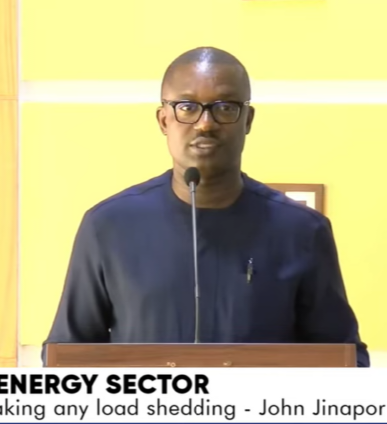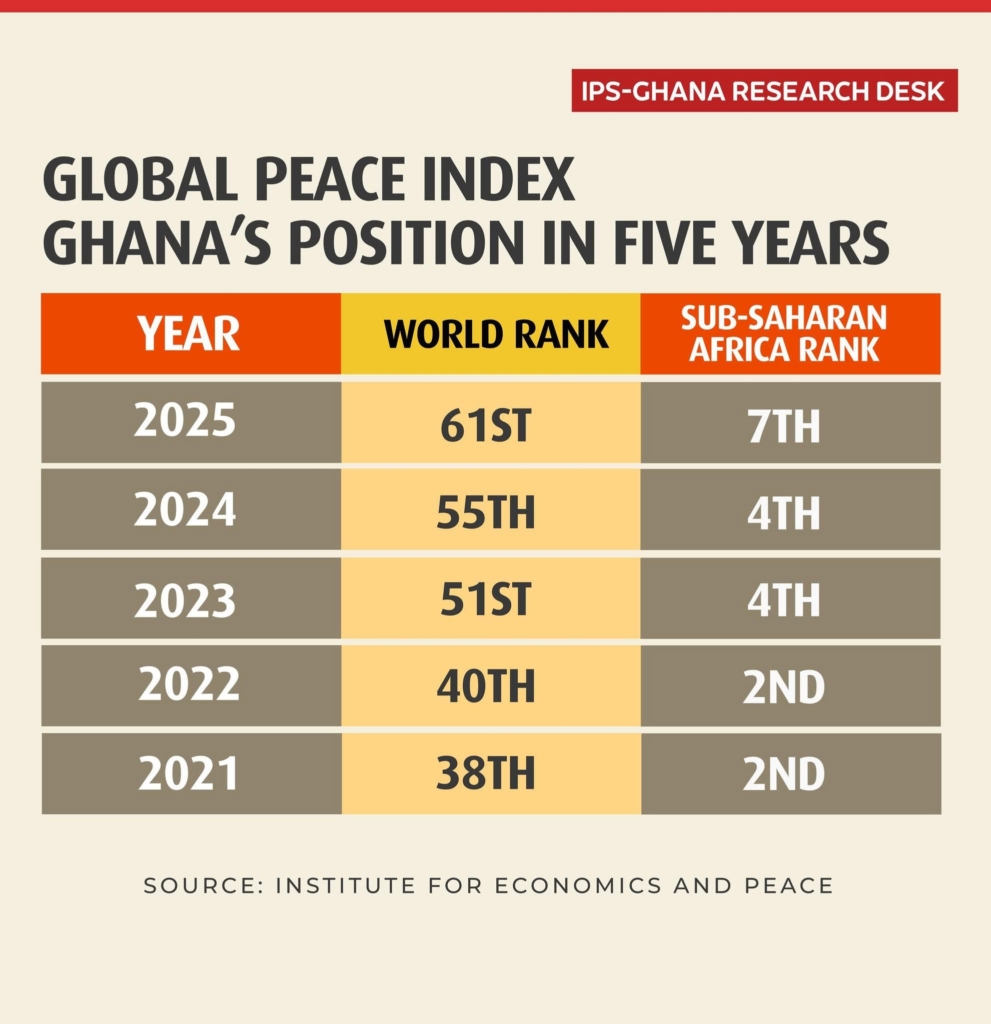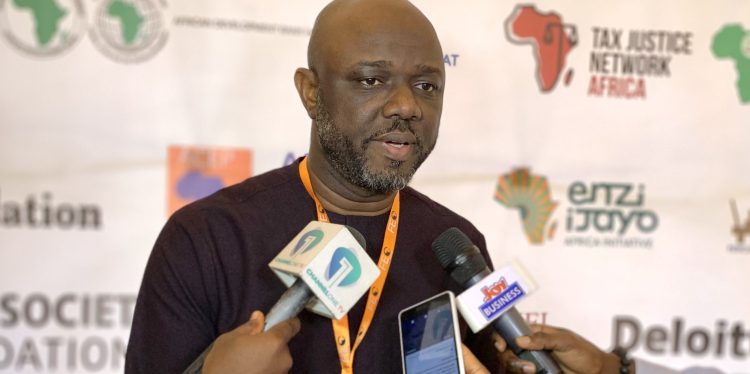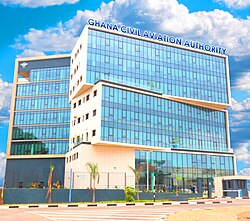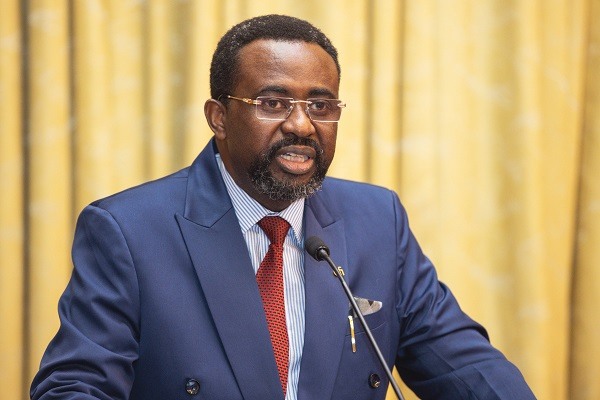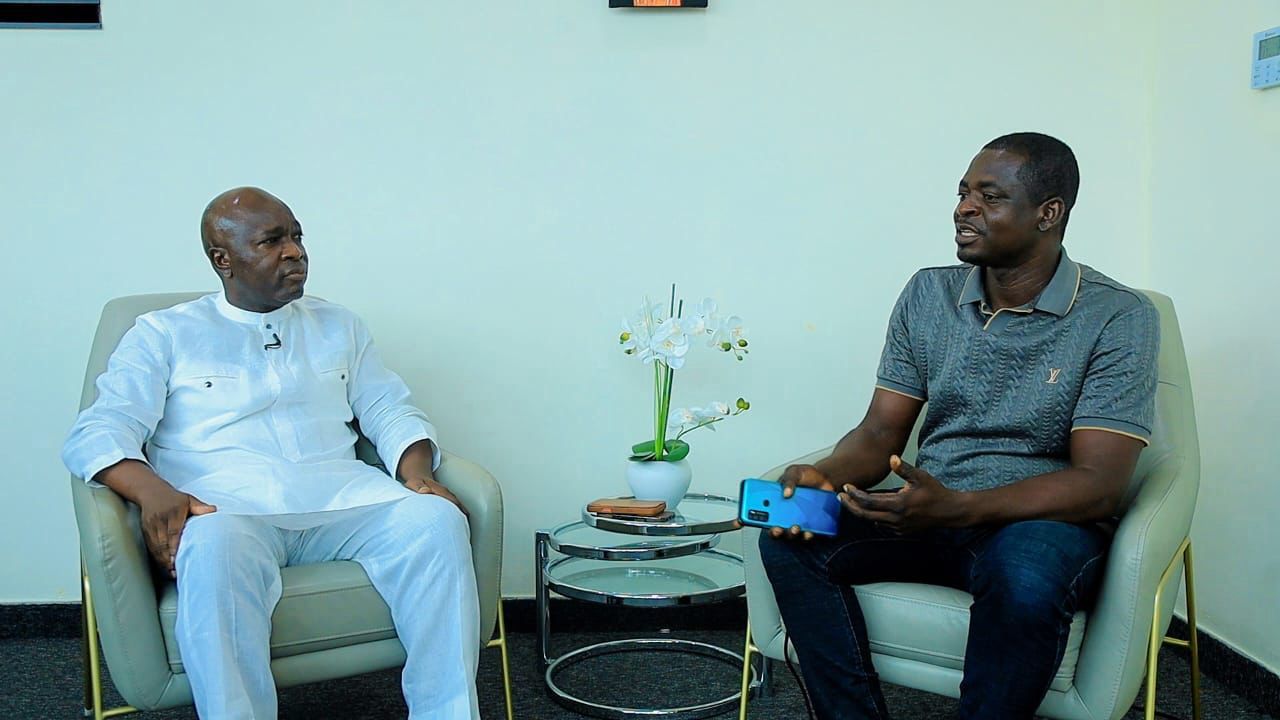Ghana is in preliminary talks with Nigeria to establish a barter agreement that would see electricity exports exchanged for natural gas, a move that could mark a new chapter in West Africa’s push for regional energy cooperation.
Ghana’s Energy and Green Transition Minister, John Jinapor, disclosed the discussions during remarks at the Future Energy Conference (FEC), hosted by the Africa Centre for Energy Policy (ACEP). The proposed arrangement, still in its early stages, would allow Ghana to import Nigerian gas, convert it into electricity, and supply the resulting power back to Nigeria and other countries in the region.
“In the spirit of cooperation, we believe we can work together,” Jinapor said. “Ghana takes gas from Nigeria, generates power, and re-exports it. We are in discussions to see if we can formalize a barter — we take their gas, convert it to power, and export the power to Nigeria in the spirit of West African integration.”
Ghana already supplies electricity to several neighboring countries, including Togo, Burkina Faso, Côte d’Ivoire, and Benin. The government views energy exports as a strategic tool to deepen regional integration and unlock new revenue streams amid rising infrastructure and transition costs.
Jinapor also emphasized the broader ambition of enhancing energy resilience through projects like the Ghana Nuclear Power Program and expanding Ghana’s participation in the West Africa Power Pool — a regional initiative aimed at interconnecting power systems to promote electricity trade and reliability.
The proposed electricity-for-gas deal comes as both nations seek to address domestic energy challenges while contributing to broader continental goals. Nigeria, despite being Africa’s largest gas producer, continues to grapple with underutilized gas reserves and an overstretched power sector. Ghana, by contrast, has developed relatively robust generation capacity but faces periodic fuel supply constraints.
The Future Energy Conference, ACEP’s flagship annual event, convenes policymakers, industry stakeholders, and multilateral partners to explore solutions to Africa’s chronic energy access gaps. This year’s theme — “Financing Africa’s Energy Future: Unlocking Investments for Energy Access and Economic Transformation” — reflects growing urgency to attract capital for clean energy infrastructure and reduce the continent’s dependence on fossil fuels.
The electricity-for-gas framework, if realized, could offer a model for intra-African trade that leverages comparative advantages in resource endowment and infrastructure, potentially reducing reliance on cash payments and bolstering energy security across the region.
Officials have yet to offer a timeline or terms for the potential agreement. However, the concept aligns with broader regional efforts to monetize natural gas reserves, optimize energy infrastructure, and accelerate the transition toward a more interconnected and resilient African power grid.



